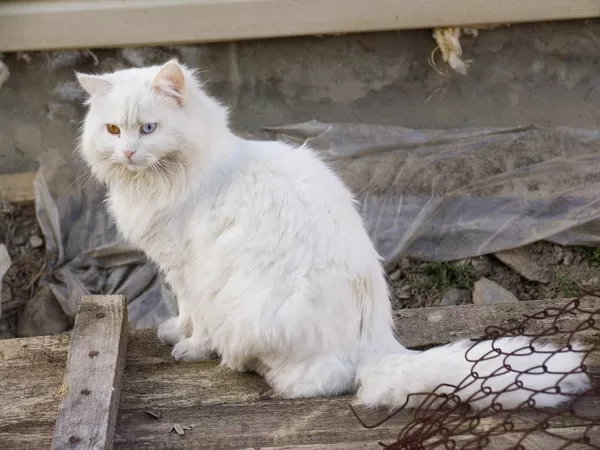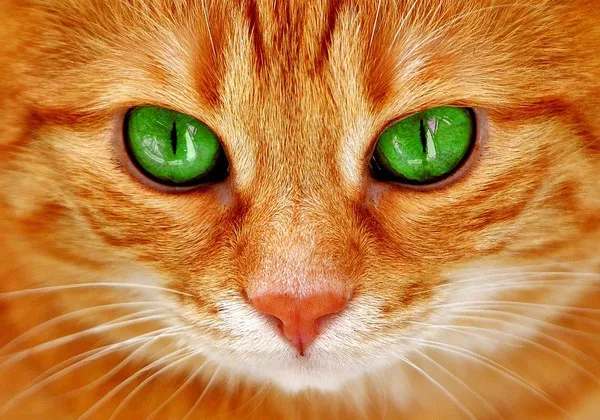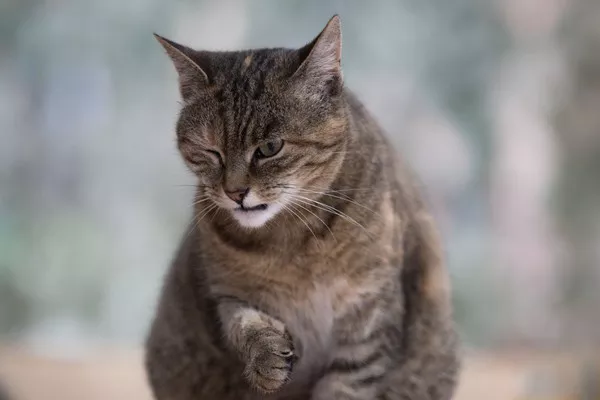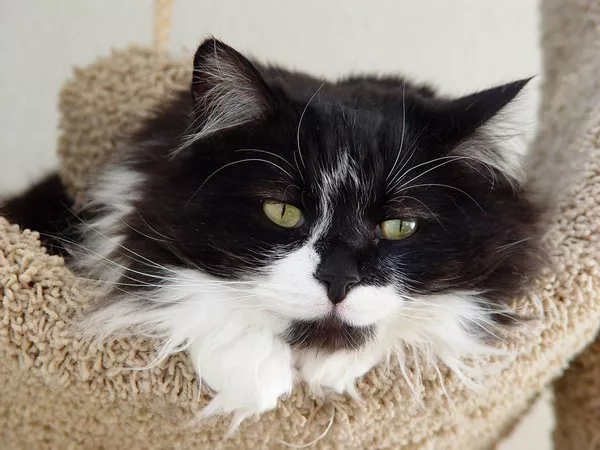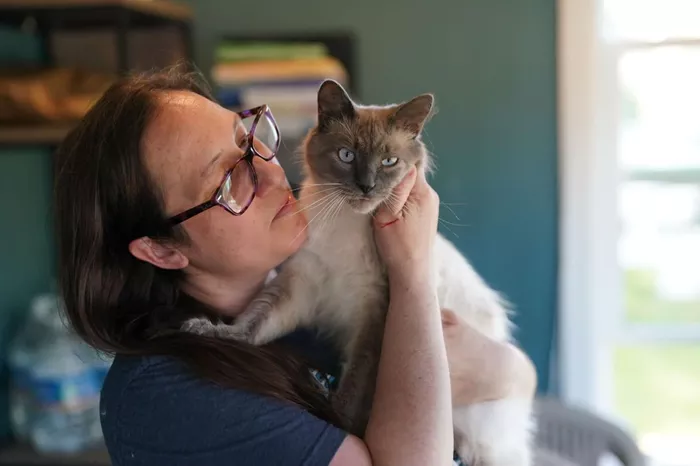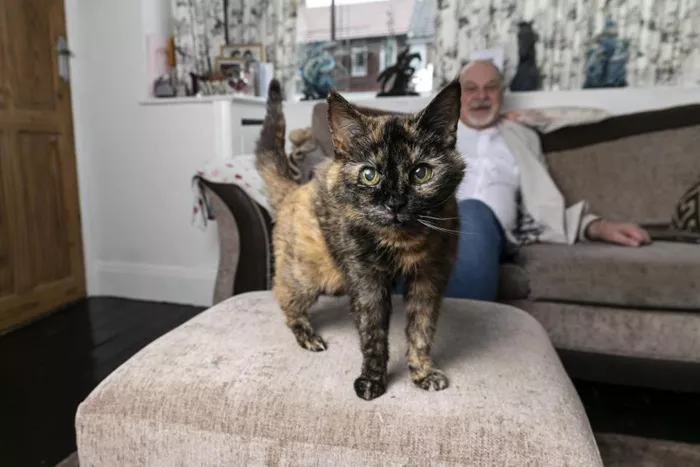When it comes to feeding our pets, we often find ourselves questioning what human foods are safe and beneficial for them. For Burmese cat owners, a common query is whether these affectionate felines can eat scrambled eggs. This article explores the nutritional benefits, potential risks, and best practices for feeding scrambled eggs to Burmese cats.
Understanding the Burmese Cat’s Dietary Needs
Burmese cats, like all felines, are obligate carnivores. This means their diet primarily consists of meat, and they require certain nutrients found only in animal tissues. Their nutritional needs are quite specific, including high levels of protein, moderate fat, and minimal carbohydrates. Essential nutrients such as taurine, arginine, and arachidonic acid are crucial for their health.
Nutritional Profile of Scrambled Eggs
Scrambled eggs are a popular breakfast item for humans, but how do they fare for cats? Let’s break down the nutritional components of scrambled eggs:
Protein: Eggs are a rich source of high-quality protein, which is vital for muscle maintenance and overall health in cats.
Fat: Eggs contain healthy fats, including omega-3 and omega-6 fatty acids, which are beneficial for a cat’s coat and skin.
Vitamins and Minerals: Eggs are packed with essential vitamins such as vitamin A, B-complex vitamins (including B12 and riboflavin), and minerals like iron and selenium.
Benefits of Feeding Scrambled Eggs to Burmese Cats
Given the nutritional profile of eggs, they can offer several benefits to Burmese cats when included in their diet in moderation:
High-Quality Protein Source: As obligate carnivores, Burmese cats thrive on protein. The protein in eggs is highly digestible and contains all the essential amino acids.
Healthy Fats: The fats in eggs provide energy and support the health of a cat’s skin and fur. Omega-3 and omega-6 fatty acids are particularly beneficial.
Vitamins and Minerals: The variety of vitamins and minerals in eggs can help bolster a cat’s immune system, support metabolic functions, and promote overall health.
Risks and Considerations
While scrambled eggs can be a healthy addition to a Burmese cat’s diet, there are some risks and considerations to keep in mind:
Allergies and Sensitivities: Some cats may be allergic to eggs or have sensitivities that can cause gastrointestinal issues. It’s essential to introduce any new food gradually and monitor for any adverse reactions.
Preparation Methods: The way eggs are prepared can impact their safety for cats. Plain scrambled eggs without any additives are best. Avoid using butter, oil, salt, or other seasonings, as these can be harmful to cats.
Portion Control: Eggs should be given as a treat or supplement to a balanced diet, not as a primary food source. Overfeeding eggs can lead to an imbalanced diet and potential health issues.
How to Safely Introduce Scrambled Eggs to Your Burmese Cat
To safely introduce scrambled eggs to your Burmese cat’s diet, follow these steps:
Consult Your Veterinarian: Before introducing any new food, it’s always wise to consult with your vet, especially if your cat has existing health conditions.
Start Small: Begin with a small amount of plain scrambled egg to see how your cat reacts. Observe for any signs of allergies or digestive upset.
Monitor and Adjust: If your cat enjoys the eggs and shows no adverse reactions, you can gradually increase the amount. However, eggs should remain a small part of their overall diet.
Ensure Balance: Eggs should complement a balanced diet that meets all of your cat’s nutritional needs. Commercial cat foods are formulated to provide complete nutrition, so eggs should only be an occasional treat.
See Also: Can a Maine Coon Be a House Cat?
Recipes and Serving Suggestions
If you decide to give your Burmese cat scrambled eggs, here are some simple, cat-friendly recipes and serving suggestions:
Plain Scrambled Eggs: Beat one egg and cook in a non-stick pan without adding any oil, butter, or seasoning. Allow it to cool before serving a small portion to your cat.
Egg and Chicken Mix: Mix a small amount of cooked, shredded chicken with scrambled eggs for a protein-rich treat. Ensure the chicken is plain and unseasoned.
Egg and Veggie Mash: Some cats enjoy a bit of vegetable in their diet. Mix a small amount of finely chopped, cooked veggies (like carrots or peas) with scrambled eggs. Ensure the vegetables are safe for cats and cooked without seasoning.
Alternatives to Scrambled Eggs
While scrambled eggs can be a nutritious treat, there are other healthy options you can offer your Burmese cat:
Cooked Meat: Plain, cooked chicken, turkey, or beef can be a great protein source. Always ensure the meat is free from bones and seasoning.
Fish: Occasionally, you can offer small amounts of cooked fish like salmon or tuna. Fish should be plain, deboned, and cooked without any additives.
Commercial Cat Treats: There are many high-quality cat treats available that are specifically formulated to meet a cat’s nutritional needs.
Understanding Food Safety for Cats
Food safety is crucial when preparing any food for your Burmese cat. Here are some tips to keep in mind:
Avoid Raw Eggs: Raw eggs can carry bacteria like Salmonella, which can cause food poisoning. Always cook eggs thoroughly before offering them to your cat.
Avoid Seasonings and Additives: Cats are sensitive to many seasonings and additives that are commonly used in human food, such as salt, garlic, and onion. These can be toxic to cats.
Proper Storage: Store eggs and any prepared food properly to avoid spoilage and bacterial growth.
Signs of Allergic Reactions or Digestive Issues
It’s important to be aware of the signs of allergic reactions or digestive issues when introducing new foods to your cat:
Vomiting and Diarrhea: These are common signs of digestive upset. If your cat experiences vomiting or diarrhea after eating scrambled eggs, discontinue the food and consult your vet.
Itching and Skin Irritation: Allergic reactions can manifest as itching, redness, or skin irritation. If you notice these symptoms, stop feeding eggs and seek veterinary advice.
Lethargy and Loss of Appetite: If your cat becomes unusually lethargic or loses its appetite, it may be a sign of an adverse reaction. Monitor your cat closely and consult your vet if symptoms persist.
Conclusion: Can Burmese Cats Eat Scrambled Eggs?
In conclusion, Burmese cats can safely eat scrambled eggs when prepared properly and fed in moderation. Scrambled eggs offer high-quality protein, healthy fats, and essential vitamins and minerals that can benefit your cat’s health. However, it’s crucial to introduce this new food gradually, monitor for any adverse reactions, and ensure that eggs do not become a significant part of your cat’s diet. Always prioritize a balanced, nutritionally complete diet formulated for cats, and use scrambled eggs as an occasional treat to complement your Burmese cat’s regular meals. By following these guidelines, you can safely and enjoyably share the occasional scrambled egg with your feline friend.

![Do Birman Cats Like to Cuddle? [Revealed!]](https://www.catsmeowweb.com/wp-content/uploads/2023/06/burmese-cat-31.webp)

